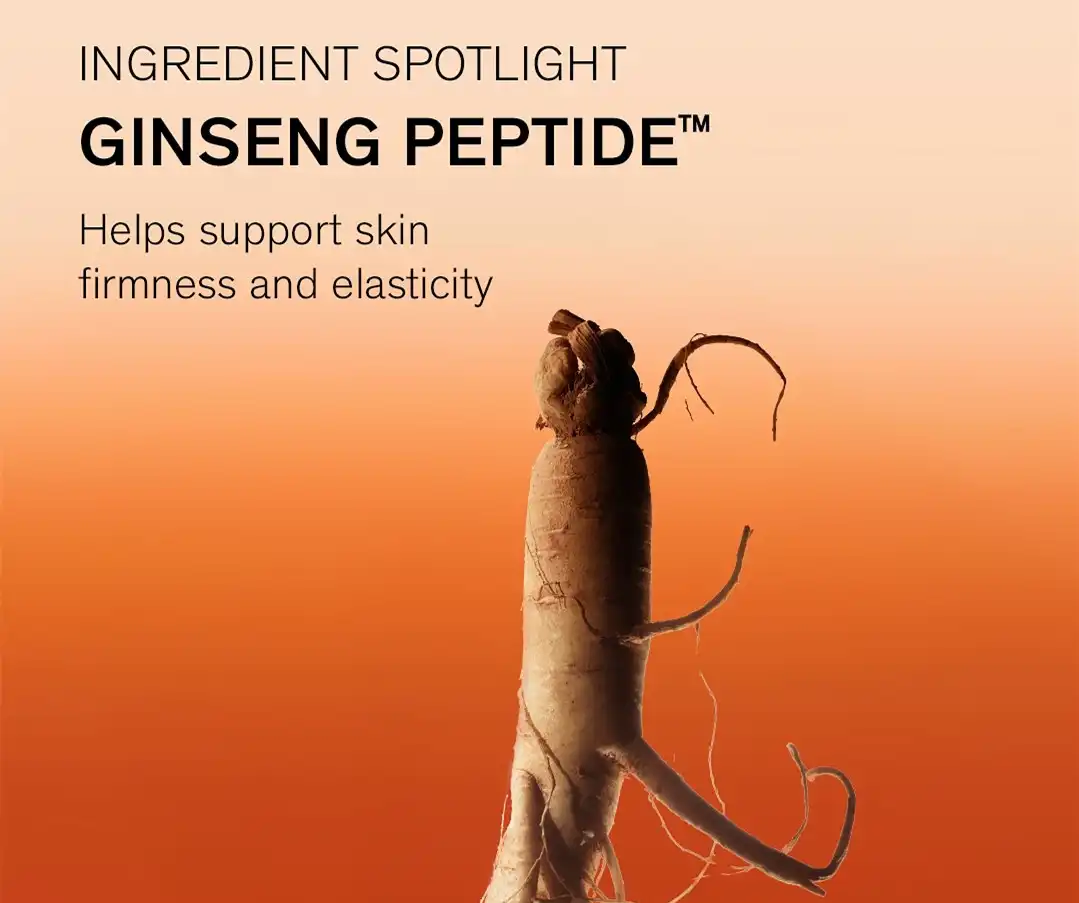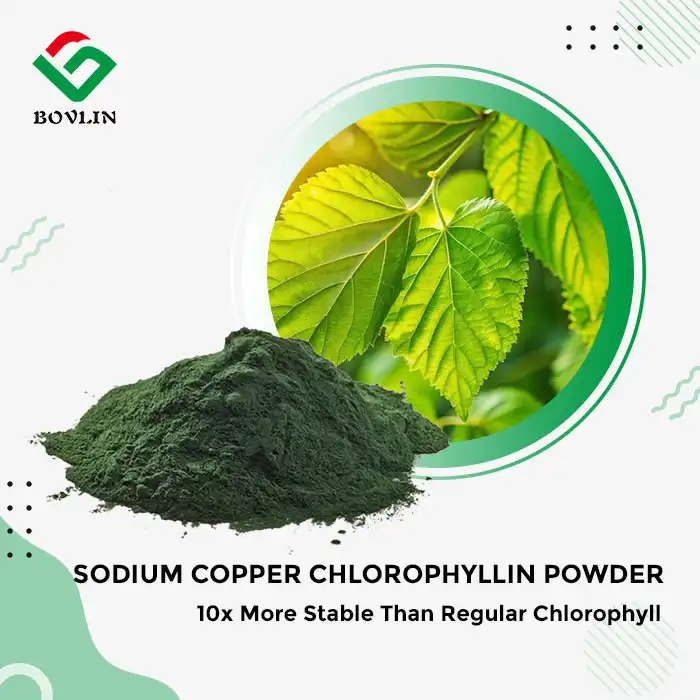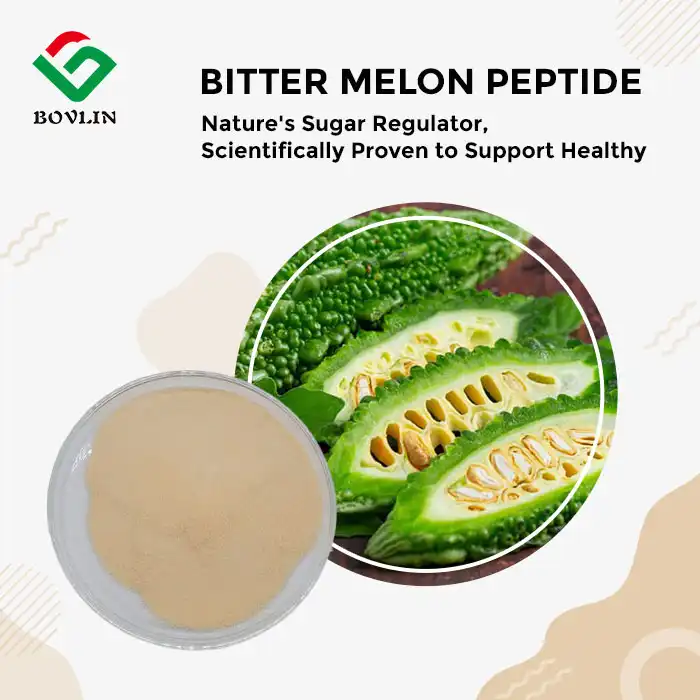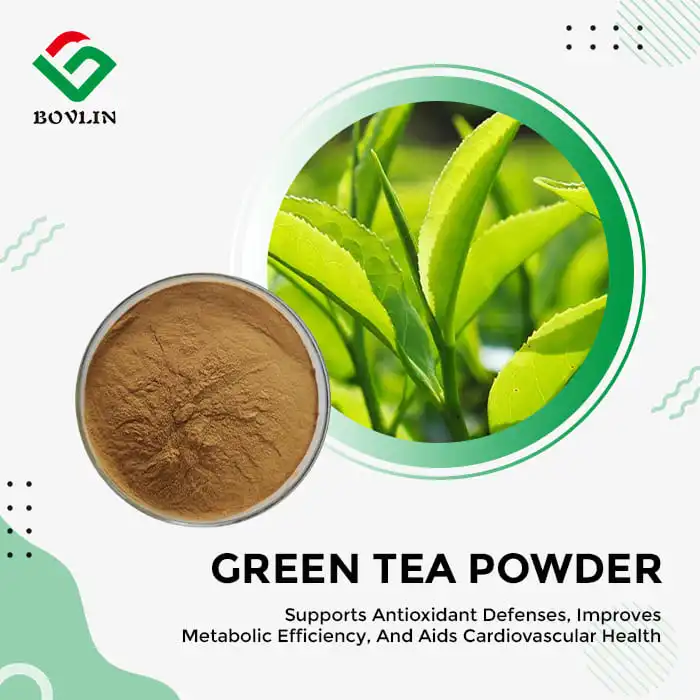How Do Ginseng Peptides Influence Skin Regeneration?
Accelerating Cellular Turnover
Ginseng peptides play a crucial role in accelerating cellular turnover, a process essential for maintaining youthful, radiant skin. As we age, the natural cycle of skin cell regeneration slows down, leading to a buildup of dead skin cells and a dull complexion. Ginseng peptides work at the cellular level to stimulate the production of new skin cells, effectively speeding up this renewal process. This enhanced turnover rate results in fresher, more vibrant skin, as newer cells are brought to the surface more quickly.
The mechanism behind this acceleration involves the activation of specific cellular pathways. Ginseng peptides interact with skin cell receptors, triggering a cascade of events that promote cell division and differentiation. This process not only helps in replacing old, damaged cells with new ones but also ensures that the skin's protective barrier remains strong and resilient.
Enhancing Skin Repair Mechanisms
Another significant way ginseng peptides influence skin regeneration is by enhancing the skin's natural repair mechanisms. The skin is constantly exposed to various environmental stressors, including UV radiation, pollution, and physical injuries. Ginseng peptides have been shown to boost the skin's ability to repair itself from such damage.
These peptides support the production of proteins crucial for skin repair, such as heat shock proteins and growth factors. They also help in regulating inflammatory responses, which is essential for proper wound healing and preventing chronic inflammation that can lead to premature aging. By optimizing these repair processes, ginseng peptides contribute to maintaining healthier, more resilient skin that can better withstand daily environmental challenges.
Stimulating Skin Stem Cells
Perhaps one of the most exciting aspects of ginseng peptides' influence on skin regeneration is their ability to stimulate skin stem cells. Stem cells are vital for skin regeneration as they have the unique ability to develop into various types of skin cells. By activating and supporting these stem cells, ginseng peptides can significantly enhance the skin's regenerative capacity.
Research has shown that certain compounds in ginseng peptides can increase the proliferation and migration of epidermal stem cells. This not only aids in general skin renewal but also plays a crucial role in wound healing and maintaining the overall health and youthfulness of the skin. The stimulation of skin stem cells by ginseng peptides ensures a continuous supply of new, healthy skin cells, contributing to a more youthful and vibrant appearance over time.

Collagen Production and Ginseng Peptide Interaction
Boosting Collagen Synthesis
The interaction between ginseng peptides and collagen production is a key factor in their anti-aging efficacy. Collagen, the most abundant protein in the skin, is responsible for maintaining its structure, firmness, and elasticity. As we age, collagen production naturally declines, leading to the formation of wrinkles and sagging skin. Ginseng peptides have been shown to significantly boost collagen synthesis, countering this age-related decline.
The mechanism behind this boost involves the stimulation of fibroblasts, the cells responsible for producing collagen. Ginseng peptides interact with these cells, enhancing their activity and encouraging them to produce more collagen. This increased production helps to replenish the skin's collagen stores, leading to improved skin firmness and a reduction in the appearance of fine lines and wrinkles.
Protecting Existing Collagen
While stimulating new collagen production is crucial, protecting existing collagen is equally important. Ginseng peptide powder and ginseng peptides play a dual role in this aspect. They not only boost the production of new collagen but also help protect the collagen already present in the skin from degradation.
One way ginseng peptides achieve this is through their antioxidant properties. They help neutralize free radicals that can break down collagen fibers. Additionally, ginseng peptides have been found to inhibit the activity of enzymes like collagenase and elastase, which are responsible for breaking down collagen and elastin in the skin. By protecting existing collagen, ginseng peptides help maintain the skin's structural integrity and youthful appearance for longer.
Enhancing Collagen Quality
The interaction between ginseng peptides and collagen goes beyond just quantity; it also impacts the quality of collagen produced. High-quality collagen is essential for maintaining skin elasticity and resilience. Ginseng peptides have been shown to influence the type and structure of collagen produced by skin cells.
Research suggests that ginseng peptides can promote the production of type I collagen, which is the most abundant type in the skin and crucial for its strength and structure. Moreover, these peptides may help in the proper organization and cross-linking of collagen fibers, leading to stronger, more resilient skin tissue. This enhancement in collagen quality contributes to more effective skin rejuvenation and longer-lasting anti-aging results.
Why Ginseng Peptides Are Emerging in Cosmeceutical Formulas?
Multifunctional Benefits
The emergence of ginseng peptides in cosmeceutical formulas can be attributed to their multifunctional benefits. Unlike many single-action ingredients, ginseng peptides offer a comprehensive approach to skincare. They simultaneously address multiple aspects of skin aging, making them highly valuable in modern skincare formulations.
These peptides not only stimulate collagen production but also provide antioxidant protection, enhance skin hydration, and improve skin texture. This multifaceted approach allows cosmeceutical manufacturers to create more effective and efficient products that can target various skin concerns with a single ingredient. The ability of ginseng peptides to work on multiple fronts makes them an attractive option for formulators looking to develop potent anti-aging solutions.
Compatibility with Other Ingredients
Another reason for the growing popularity of ginseng peptide powder and ginseng peptides in cosmeceutical formulas is their excellent compatibility with other skincare ingredients. This compatibility allows for the creation of synergistic formulations that can enhance overall product efficacy.
Ginseng peptides work well in combination with other anti-aging ingredients such as vitamins C and E, hyaluronic acid, and niacinamide. They can complement the effects of these ingredients, leading to more comprehensive skincare solutions. This versatility in formulation makes ginseng peptides a valuable component in a wide range of skincare products, from serums and creams to masks and toners.
Consumer Demand for Natural Ingredients
The increasing consumer demand for natural and plant-based skincare ingredients has significantly contributed to the emergence of ginseng peptides in cosmeceutical formulas. As a plant-derived ingredient with a long history of use in traditional medicine, ginseng aligns well with the growing trend towards natural skincare solutions.
Consumers are becoming more conscious about the ingredients in their skincare products, often preferring natural alternatives to synthetic compounds. Ginseng peptides offer a perfect blend of natural origin and scientific efficacy, appealing to both consumers seeking natural products and those looking for evidence-based skincare solutions. This alignment with consumer preferences makes ginseng peptides an attractive ingredient for cosmeceutical brands looking to meet market demands while delivering effective anti-aging results.
Conclusion
Ginseng peptide has established itself as a powerful ally in the fight against skin aging. Its ability to enhance skin regeneration, boost collagen production, and provide multifunctional benefits makes it an invaluable ingredient in modern cosmeceutical formulations. As research continues to unveil new aspects of its efficacy, ginseng peptide is poised to remain at the forefront of anti-aging skincare innovation. Its natural origin, coupled with scientific backing, positions ginseng peptide as a key player in meeting the evolving demands of both consumers and skincare formulators in the quest for effective, natural anti-aging solutions.

Contact Us
To learn more about incorporating ginseng peptide into your skincare formulations, contact Shaanxi Bolin Biotechnology Co., Ltd. at sales1@bovlin.com. Our team of experts is ready to help you harness the power of ginseng peptide for your next groundbreaking skincare product.











